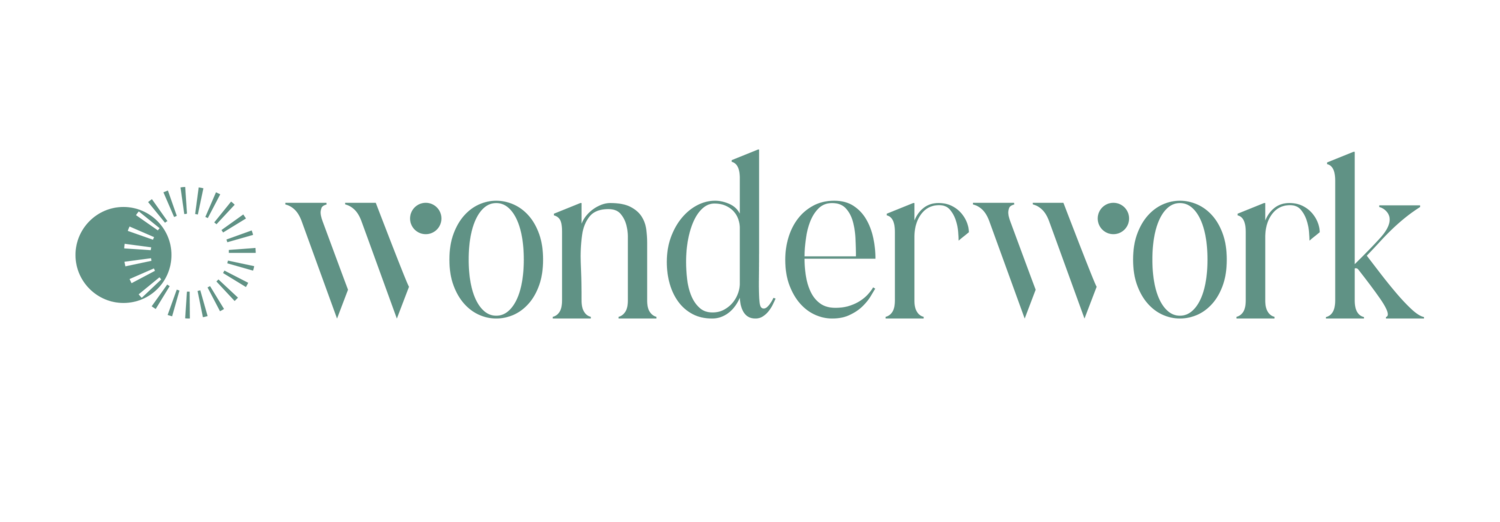PCIT Therapy: Enhancing Parent-Child Relationships for Optimal Child Development
In today's fast-paced world, nurturing healthy parent-child relationships has become more important than ever. Parents play a vital role in shaping their child's emotional, social, and cognitive development. However, parenting challenges can arise, and some children may struggle with behavioral issues or emotional difficulties that hinder their overall well-being. That's where Parent-Child Interaction Therapy (PCIT) comes into play. In this article, we will explore the essence of PCIT therapy, its benefits, and how it can positively impact parent-child relationships.
Understanding PCIT Therapy:
Parent-Child Interaction Therapy (PCIT) is an evidence-based, short-term intervention designed to address behavioral and emotional issues in young children aged 2 to 7 years. Developed by Sheila Eyberg in the 1970s, PCIT aims to improve the quality of the parent-child relationship by teaching parents specific skills to manage and interact with their children effectively.
How Does PCIT Work?
PCIT involves two main phases: Child-Directed Interaction (CDI) and Parent-Directed Interaction (PDI).
Child-Directed Interaction (CDI): In this phase, parents learn to provide their child with an environment that fosters exploration and self-esteem. The therapist guides parents on using effective play skills, such as active listening, reflecting feelings, and praising positive behaviors. These techniques enhance the child's self-confidence, creativity, and emotional well-being.
Parent-Directed Interaction (PDI): In the PDI phase, parents acquire essential discipline strategies to manage challenging behaviors in a positive and consistent manner. Through live coaching sessions with a therapist, parents learn techniques such as effective commands, time-outs, and limit-setting. These strategies help parents establish clear boundaries and effectively address their child's behavioral issues.
Benefits of PCIT Therapy:
Strengthened Parent-Child Bond: PCIT strengthens the parent-child bond by promoting positive interactions and emotional attunement. Through improved communication skills, parents can better understand their child's needs and respond appropriately, leading to enhanced trust and connection.
Improved Behavior Management: PCIT equips parents with effective discipline strategies, enabling them to manage challenging behaviors more efficiently. By implementing consistent and positive techniques, parents can reduce the occurrence of negative behaviors and promote healthier alternatives.
Enhanced Emotional Regulation: PCIT helps children develop essential emotional regulation skills. Through the therapeutic process, children learn to express their feelings appropriately and manage frustration, anger, or anxiety more effectively. This newfound emotional regulation empowers children to navigate life's challenges with resilience.
Long-Term Positive Impact: PCIT has shown long-term benefits beyond the therapy duration. Children who have undergone PCIT have demonstrated improved social skills, higher academic performance, and decreased aggression even years after completing the program.
Parent-Child Interaction Therapy (PCIT) offers a powerful approach to enhancing parent-child relationships and promoting optimal child development. By focusing on positive interactions, effective discipline strategies, and emotional regulation skills, PCIT empowers parents to foster a nurturing environment where their children can thrive. The long-lasting benefits of PCIT make it a valuable tool for parents seeking to strengthen their connection with their children and support their overall well-being.

